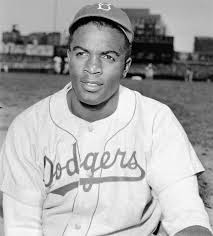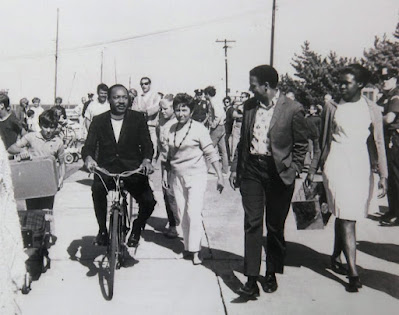Today is Juneteenth. On this date in 1865, two months after Robert E. Lee surrendered, Unon troops arrived in Galveston, Texas to accept the surrender of the last Confederate regiment and inform Texas slaves that they were free.
Those events are significant because Texas was the westernmost slaveholding state. In fact, during the Civil War, some plantation owners fled the fighting in other states and brought their slaves with them. As a result, the Lone Star State had, by some estimates, the largest remaining slave population by the time President Abraham Lincoln issued his Emancipation Proclamation.
Also, Texas became a US state because of slavery. Although most of its people were English-speaking, it was part of Mexico when that country outlawed slavery in 1825. Cotton-growing and cattle-ranching, both of which were heavily dependent on slaves, were the mainstays of its economy. Rather than give up their unpaid help, they chose to secede, making Texas an independent country (some natives still refer to it as the “Lone Star Republic) for nearly a decade before the US annexed it in 1845.
Everything I mentioned in the previous paragraph was not taught when I was in school. I wonder whether curriculum-makers are still “forgetting” it.
Anyway, although Juneteenth as an official holiday is only four years old, it’s already becoming a capitalist bonanza. The bicycle industry is not exempt As an example, State Bicycle Company is using the occasion to promote its limited edition “Bob Marley Clunker,” complete with a hemp saddle and bag—and, of course, a facsimile of the Rastaman’s signature.
Seeing that bike reminded me of a vogue from my youth—or, at least, a time in my life I could say I was young or, at any rate, not in midlife. During the early and mid-‘90’s, it seemed that every twenty-something in California who had access to a lathe was making parts, mainly for mountain bikes, that were lighter and, supposedly, improvements over what legacy companies like Shimano and Campagnolo were offering .
How much of an improvement were they? Let me tell you about my Syncros and Control Tech stems that were recalled and the Nuke Proof rear hub that folded on itself during a ride—or the Syncros seatpost on which the head separated from the shaft while I navigated a switchback. Or two riding buddies whose Kooka cranks broke.
But, hey, that stuff looked really cool. And some of those parts were offered in every color imaginable. (Violet and Lilac? Sign me up!) For a time, some were even available in the “Rasta Rainbow” of red, green, black and gold. (Fun fact: Jamaica has the only national flag whose colors don’t include red, white or blue.) I had a seat bag decorated with fabric in those hues, and a former riding buddy ordered his custom frame in those colors.
I’ll bet the maker of that frame—and all of the “Rasta” parts and accessories I mentioned—would have loved to have a Juneteenth sale—even if they knew nothing about the history behind that date, Texas or anything else because, well, they attended schools like mine.
By the way, you know that Juneteenth is a combination of “June” and “nineteenth.” There’s a term for that kind of mashup: portmanteau (port-man-toe).

















